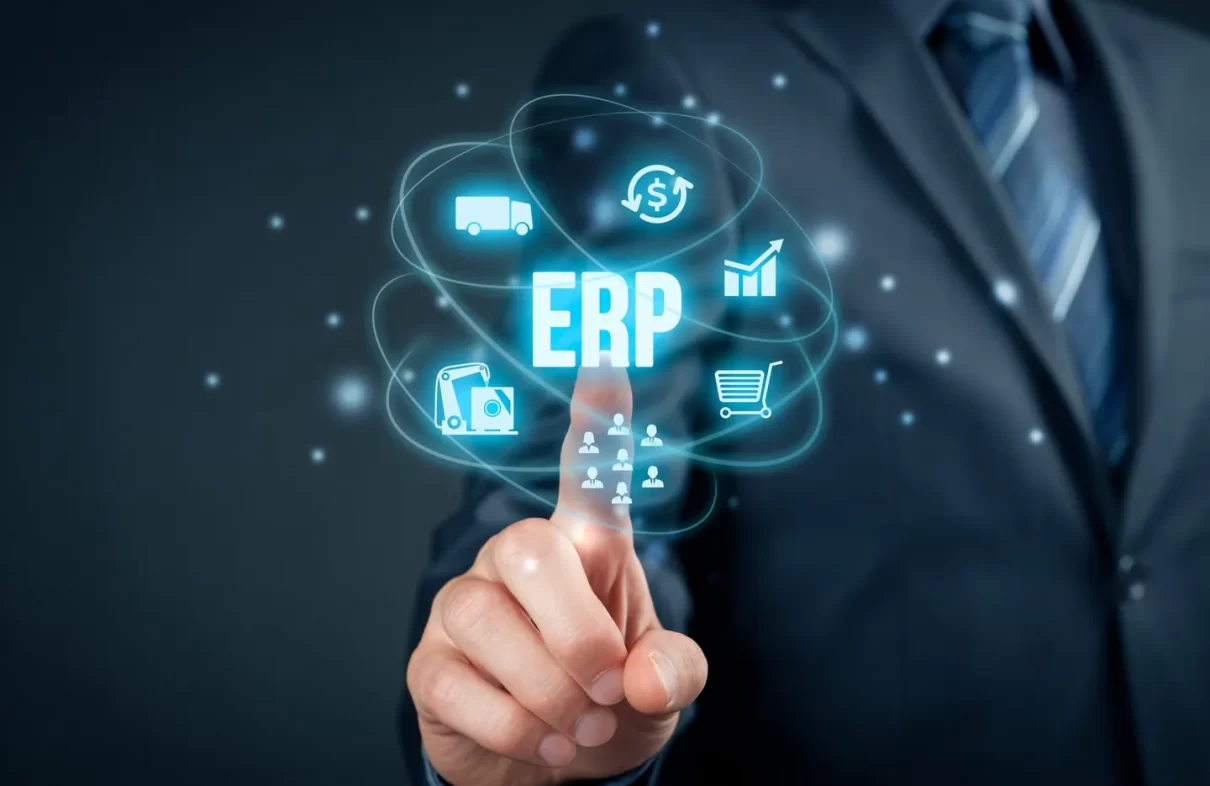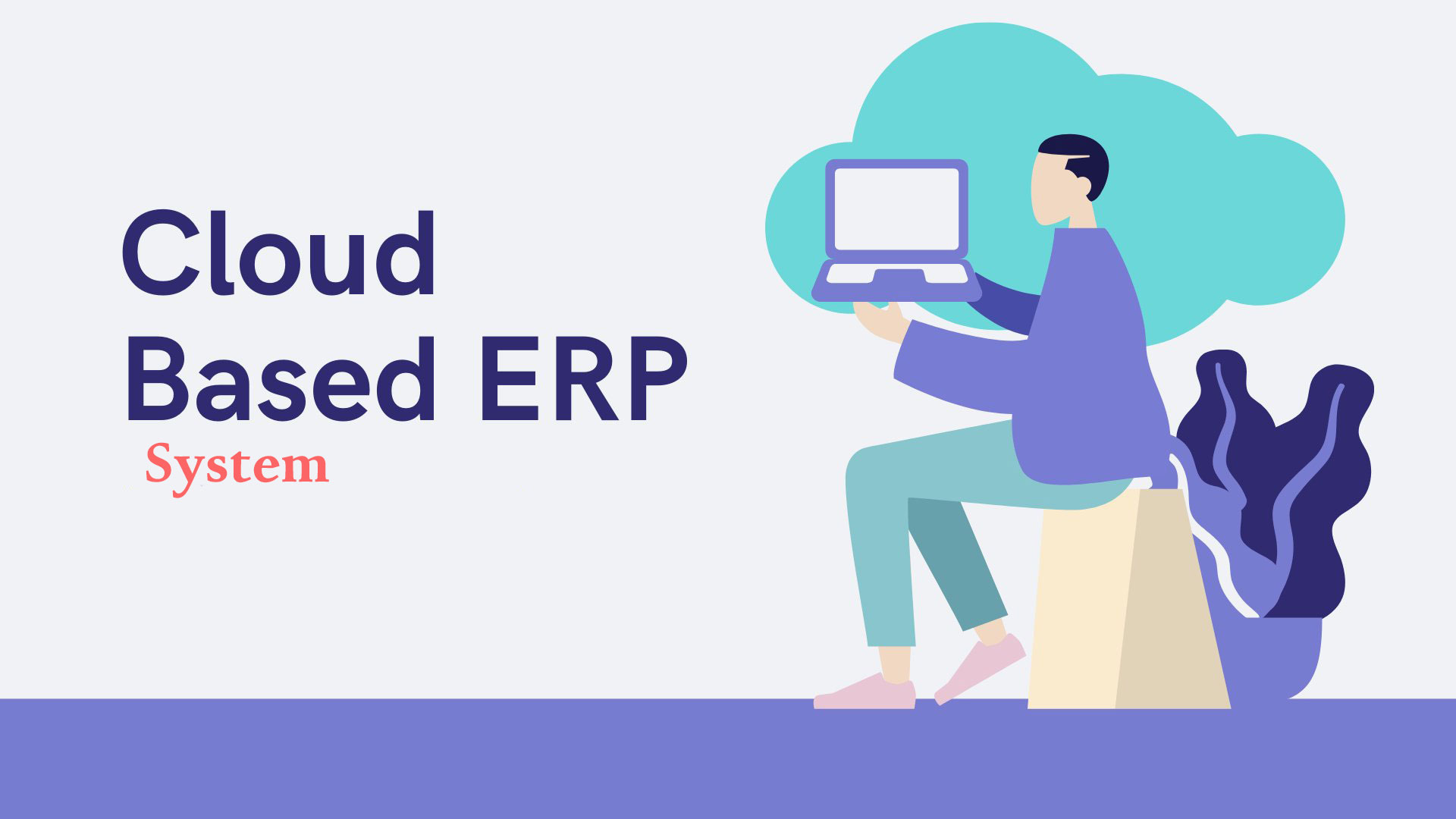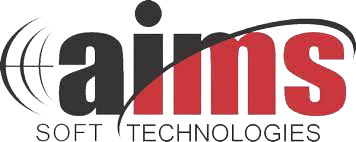
Tomorrow’s leaders are those most capable of adapting to change today. Aims Fusion Cloud ERP is a complete, modern, cloud ERP suite that provides your teams with advanced capabilities, such as AI to automate the manual processes that slow them down, analytics to react to market shifts in real-time, and automatic updates to stay current and gain a competitive advantage.
Automate and eliminate your manual business processes
Spend less time compiling data and more time understanding what it tells you. Whether preparing your narrative for the street or assessing potential M&A activity, Oracle Cloud ERP gives your team more time for strategic work by automating the most time-consuming, mundane business processes. With AI, up to 96% of transactions can be automated.
Benefits of ERP:
Increase efficiency.
Eliminate unnecessary downtime.
Enhance manufacturing production and performance.
Improve connectivity to vendors, dealers and customers.
Identify bottlenecks and constraints in operations.
Determine true costs of production.
Control costs of production.
Better understand the value your provide.
Answer customer demands.
Fast estimation and request for quotation to speed into production.
Project planning based on capacity as well as existing and changing commitments.
On-time delivery and employee performance tracking based on real-time reports and indicators
Lean inventory and project planning
———————————————————————————
Benefits of Using the Software Advisory Service
In order to save you work-hours, and to make sure that the decision you make is the right one, the Software Advisory Service can provide free expert advice that suits your requests. We can conduct a study of your requirements for you, taking into account your current software and its ability to integrate, and provide you with the solutions with the best Cloud Based ERP architecture and models, and recommend the best ERP partners for your project out of our hundreds of our network of technology companies. Small businesses benefit from our service as we also consider the size of your company, and have years of combined experience with small businesses. The fact that you’ll only be dealing with partners that meet your requirements reduces the sourcing process considerably, and it becomes far more likely that you’ll end up with the Cloud ERP system that fits you. In addition to our shortlist, we can give you friendly advice to ease the selection process.
—————————————————————————————————
Why ERP fails and how the right solution will help your small business gain an advantage over competitors
Many small businesses struggle with old accounting solutions that can’t keep up with their growth. You need a solution tailored to your business.
Before selecting ERP software for small businesses, it’s critical to understand your business needs (and pain points) and whether ERP software can help
you address them. For example, do you sometimes struggle with inconsistent data stemming from different business areas ?
Or do you find it difficult to access up-to-date financial information when you need it ? These are often key signs that your business is
Outgrowing its accounting software. However, recognizing that your small business is ready for software like ERP is only the first step.
You need to consider your budget for migrating to ERP software and how long this process will take. You’ll also need to consider if your company prefers a cloud, on-premise or best-of-breed solution. The answers are not so straightforward and depend on the size and scope of your business.
What ERP means for small business.
In rapidly growing smaller businesses, managers are sometimes unable to identify what’s happening in every area of their business. They may,
for example, not know how much inventory their business has or requires. ERP means that owners and managers are getting a view of what’s happening in every area of their business, including : administration and operational functions, HR, procurement, manufacturing, warehousing, sales and marketing, customer service, and more.
Why ERP fails
Any small business owner looking for a successful ERP software solution must first gather the requirements of all stakeholders and carefully plan the project in advance. The reputation of ERP software as being clumsy, expensive, and difficult to use discourages many small businesses ready to take the next step. What’s more, many ERP projects fail because small business managers fail to consider :
How ERP will impact day-to-day business processes
How company staff will use ERP software as part of their function
The cost of an ERP project from beginning to end
The time it takes to implement such a solution
Most small businesses will find that cloud-based ERP software is typically less expensive to adopt and implement than an on-premise solution, due to its SaaS (Software as a service ) nature. However, small businesses could be better served by considering a solution that combines the best of cloud ERP and on-premise ERP software.
The good news is that an ERP solution is affordable, flexible, and easy to implement. It will help you and your small business function more efficiently.
————————————————————-
Challenges of Cloud Based ERP Solutions for Small Business
Cloud based ERP solutions for small business are not without its obstacles. There are different challenges depending on whether your software is being implemented from scratch or if it is being moved from an existing on-premises solution to a cloud version. However, there are some fundamental hurdles no matter how the software is being implemented.
The challenges mentioned here apply particularly to small businesses.
When making the decision to implement Cloud Based ERP, it is important to consider, if you currently have ERP software, whether it can be transferred to the cloud.
If it can, you need to think if the cloud version of your ERP software is as good as your current on-premise system. There are a host of different Cloud ERP architecture and models out there.
Solutions
Before adopting a Cloud system, you will need to resolve any connectivity issues your current infrastructure may have, as Cloud ERP won’t work if your office connectivity is unreliable.
To determine how well a Cloud ERP would suit your business, and to find which solution works for you, your business needs to complete a feasibility study and determine the choices of suitable solutions with optimum architectural and licensing models. The capacity for integration needs to be kept in mind during this process. A list of customizations should be made, with potential suppliers being matched to each of your functional specifications.
As for your change management obligations, a lot of the fallout can be mitigated easily just by making sure your employees are ready for anything way ahead of time, and be clear and honest to your employees and users. Change management should be well organized, so give the responsibility to a senior manager.
Training doesn’t have to be a problem either, provided the budget is appropriate and secure. Employees leaving are nothing to worry about if sufficient investment is made in training toolsets, which will guarantee that the training stays in your system.

Information
- Websiteinfo@aimssoftech.com
- Share
